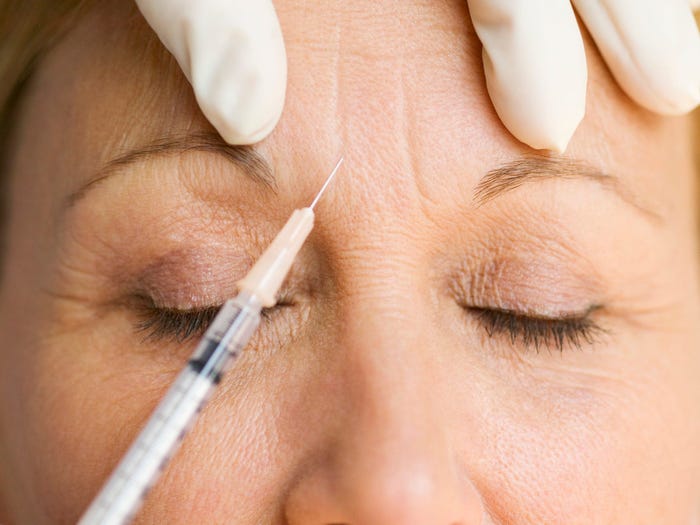As the desire to maintain youthful skin grows, wrinkle-smoothing treatments have become increasingly popular across all age groups. From fine lines around the eyes to deeper folds near the mouth, many seek smoother skin through various non-surgical options. Wrinkle Smoothing in Dubai has especially gained attention for offering advanced cosmetic solutions for a wide range of individuals. However, one important question remains: is wrinkle smoothing truly safe for all skin types?
Understanding Wrinkle Smoothing
Wrinkle smoothing refers to non-invasive or minimally invasive procedures aimed at reducing the appearance of facial lines and folds. These treatments typically work by either relaxing facial muscles, plumping the skin, or boosting collagen production.
There are several categories of wrinkle smoothing methods, including:
- Neuromodulators (commonly known as injectables): These work by relaxing the facial muscles responsible for dynamic wrinkles, such as crow’s feet and frown lines.
- Dermal Fillers: These are injected under the skin to restore lost volume, helping to smooth out wrinkles and creases.
- Laser Resurfacing: This treatment stimulates collagen production and resurfaces the skin to reduce wrinkles.
- Microneedling with Radiofrequency: This technique combines the mechanical benefits of microneedling with the heat energy of RF to promote collagen growth.
- Chemical Peels: These remove the outer layer of skin, revealing a smoother texture beneath.
Skin Types: Why They Matter?
Skin types are generally categorized into the following:
- Normal
- Dry
- Oily
- Combination
- Sensitive
Is Wrinkle Smoothing Safe for Dry Skin?
Dry skin often has a dull appearance and may show fine lines more prominently. Wrinkle-smoothing treatments can be highly beneficial in restoring suppleness and minimizing these lines.
However, care must be taken when choosing the treatment:
- Injectables and fillers generally work well on dry skin and offer visible improvements without requiring skin exfoliation or heat.
- Laser resurfacing and chemical peels should be approached cautiously, as they can strip the skin of essential moisture or exacerbate dryness if not managed properly.
Is Wrinkle Smoothing Safe for Oily Skin?
Oily skin is thicker and more prone to clogged pores and acne. This skin type tends to age more slowly in terms of wrinkles but may still develop deep lines over time.
- Neuromodulators are often a good fit because they don’t interact with the skin’s oil content.
- Laser treatments may help improve skin texture while targeting wrinkles.
- Microneedling with RF is also considered safe and can help reduce oil production over time while enhancing skin smoothness.
Is Wrinkle Smoothing Safe for Sensitive Skin?
Sensitive skin is reactive and more prone to redness, itching, or irritation. It’s crucial to approach wrinkle smoothing cautiously if your skin falls into this category.
- Injectables are usually well tolerated when administered gently and with the right formulation.
- Chemical peels and lasers may cause excessive irritation or inflammation if not carefully selected and calibrated.
- Microneedling with RF can be adjusted to lower intensities for sensitive skin, though some redness is expected.
Is Wrinkle Smoothing Safe for Combination Skin?
Combination skin features both oily and dry areas, typically with oiliness in the T-zone and dryness on the cheeks.
This dual nature allows flexibility with treatments:
- Injectables and fillers can be safely used in both dry and oily areas with proper technique.
- Microneedling and laser treatments can be targeted to treat specific zones based on need.
- Customized chemical peels can be applied with varied intensity depending on the region.
Conclusion
Wrinkle-smoothing treatments have proven to be adaptable and effective across a wide range of skin types. Whether your skin is dry, oily, sensitive, or a combination, there’s likely a technique that can work safely and successfully for you. The key lies in accurate skin assessment, personalized treatment planning, and responsible aftercare.






Comments